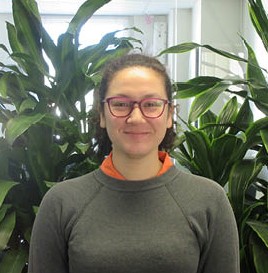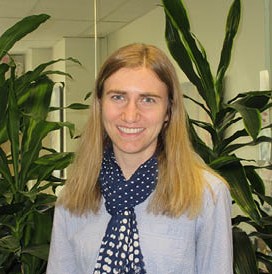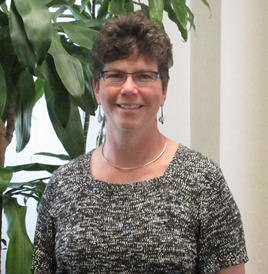Talking about things is hard: Creating common ground with your audience
Vanessa Raymond, NCEAS
EPA’s Great Lakes Long-term Monitoring Programs
Kathryn Meyer, NCEAS
Vanessa Raymond – Talking about things is hard: Creating common ground with your audience
Explaining research or technology to the uninitiated remains a
challenge. When speaker and audience don’t share the same worldview,
the same context, the same acronyms, or the same lexicon, how do you
achieve a shared understanding? How do we create a common ground? As a
political scientist who often finds herself in a room full of ‘hard’
scientists or technologically-minded folks, how can I effectively
exchange information and ideas?
At this roundtable, I’ll share some methods I have used to explain
concepts and give context to audiences who are not in the same field
as me. These include a comicstrip I created for my M.A. defense to
describe the process of working on my thesis, and a zine I wrote to
talk about open data.
Bio
Vanessa comes to the Arctic Data Center from the Geographic
Information Network of Alaska, a research to operations (R2O) group
specializing in satellite imagery processing and distribution at the
University of Alaska Fairbanks. She has an M.A. in Arctic Governance
with a focus on Arctic Security issues, and a BA in Cultural Studies.
She is also a Returned Peace Corps Volunteer (Bulgaria 2009 – 2012).
Vanessa is excited to blend her passion for Arctic research support
and open data / open science at the Arctic Data Center in the role of
Outreach and Training Coordinator.
Kathryn Meyer – EPA’s Great Lakes Long-term Monitoring Programs
Did you know the EPA has a research vessel that monitors all five
Great Lakes? It’s called the R/V Lake Guardian and it’s been sampling
water, aquatic life, sediment and air in the region for nearly 30
years. In addition to a storied shipboard community, these long-term
monitoring programs have generated a lot of data. I’ll share a mix of
ship life and data trends, specifically particulate nutrient data
trends, from the Great Lakes. Your tax dollars help fund the
Guardian’s work, so it’s probably time you knew about it, too.
Bio
Kathryn comes to NCEAS from Chicago, IL, where she worked at the U.S.
EPA Great Lakes National Program Office as an ORISE fellow. At the EPA
she worked on a variety of projects ranging from data analysis and
annual reports to website updates. The most unique part of the job was
getting to travel across all the Great Lakes on sampling surveys
aboard the R/V Lake Guardian. Kathryn received her M.S. from the
University of Michigan School of Natural Resources and Environment,
where her focus was on aquatic ecotoxicology; and her B.S. from
American University in DC.



